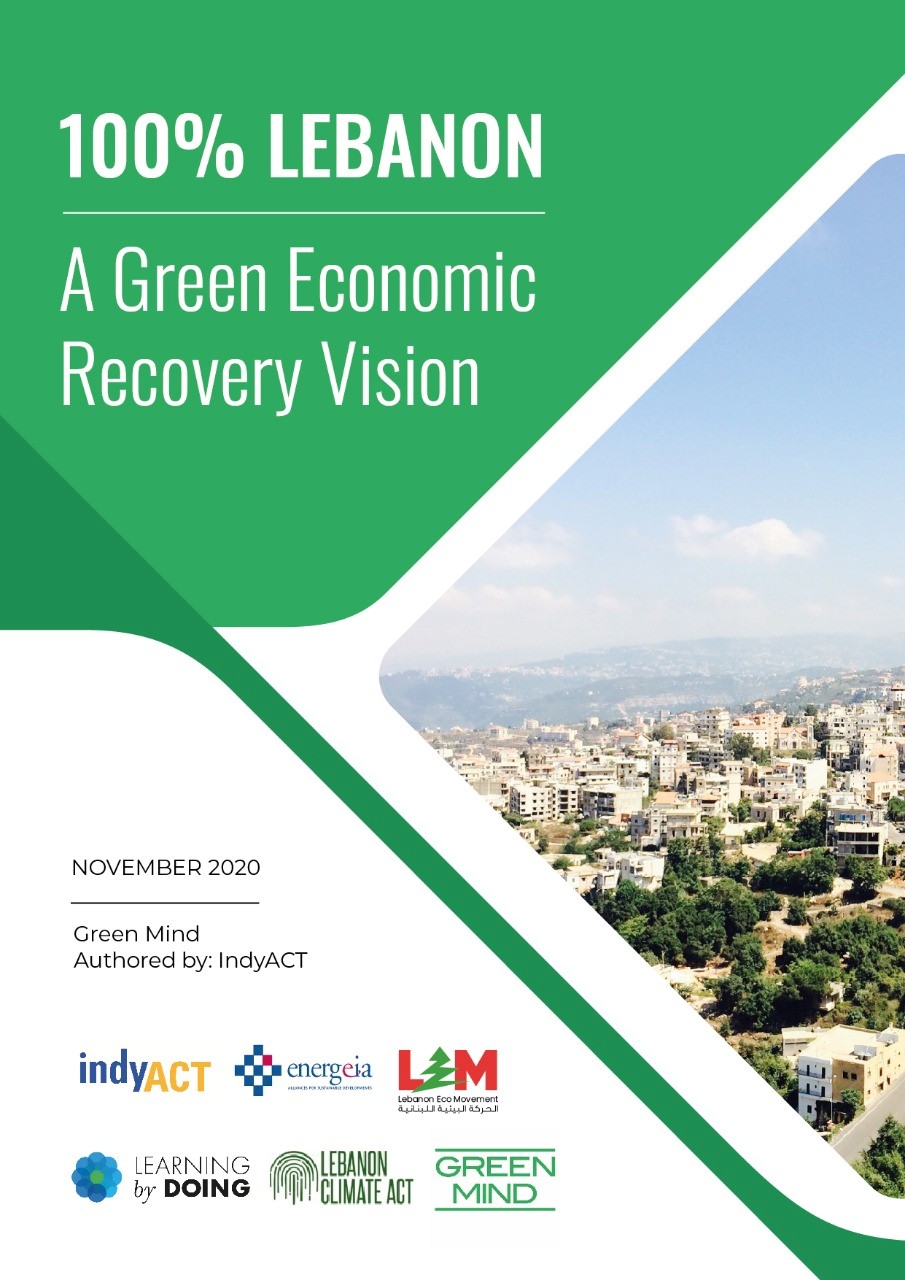IndyACT is spearheading an advocacy campaign urging the Lebanese government to address the national plastic pollution crisis. Unsustainable consumption patterns coupled with an ineffective solid waste management (SWM) strategy heavily reliant on landfills, have led to the build-up of waste in our cities and nature, resulting in significant environmental damage and public health concerns. With growing global awareness of the issues associated with plastics, driven by ongoing negotiations for an international treaty on plastic pollution organised by the United Nations (UN), Lebanon’s active engagement has become more crucial than ever to address the immediate crisis, contribute to international solutions, and safeguard the well-being of its citizens and the environment.
Lebanon has predominantly relied on emergency fixes in SWM, which lack a long-term, sustainable management perspective and focus on waste at its end-of-life stage. These measures impose high economic burdens on Lebanese citizens, with expenditure to manage solid waste reaching $2.2 billion between 1996 and 2015 and the cost of the resulting environmental degradation reaching $200 million (0.4% of GDP) in 2018.
Plastic waste contributes substantially to escalating costs and challenges associated with managing solid waste. Lebanon’s struggle with plastic waste is particularly alarming, with approximately 4.5 million kgs. of plastic waste generated daily, resulting in the widespread pollution of cities, landscapes, and coastlines. This overreliance on plastic has also given rise to the accumulation of microplastics in water, air and organisms; making Lebanon’s tap water the second-highest in the concentration of these small plastic particles globally, and the average Lebanese resident consuming over 30,000 small pieces of plastic annually from seafood alone.
It has become more urgent than ever to shift focus from end-of-life management processes and landfill expansion to reducing waste generation, especially for plastics. Recycling and incineration, traditionally relied upon, have proven to be cost-inefficient and contribute to escalating environmental and health issues, evident in the ongoing and escalating waste crisis in Lebanon.
The costs of inaction on solid waste management are soaring, prompting IndyACT to call for increased awareness, comprehensive waste management reforms, and robust regulations to reduce plastic consumption and pollution on both individual and systematic levels. Recognising the transboundary nature of plastics, IndyACT has stressed the importance of international cooperation to establish extensive solutions that transcend individual borders. To this end, we, together with the Lebanon Eco Movement (LEM), are actively working to build a coalition of Lebanese non-governmental environmental organisations to urge the government’s proactive engagement.
As global negotiations for an international treaty on plastic pollution unfold at the UN, Lebanon’s active participation becomes paramount. IndyACT urges the government to adopt a proactive stance during these negotiations, emphasising the significance of a robust, internationally legally binding instrument to effectively end plastic pollution. The time for Lebanon to act is now, safeguarding the well-being of its citizens and the environment for generations to come.



